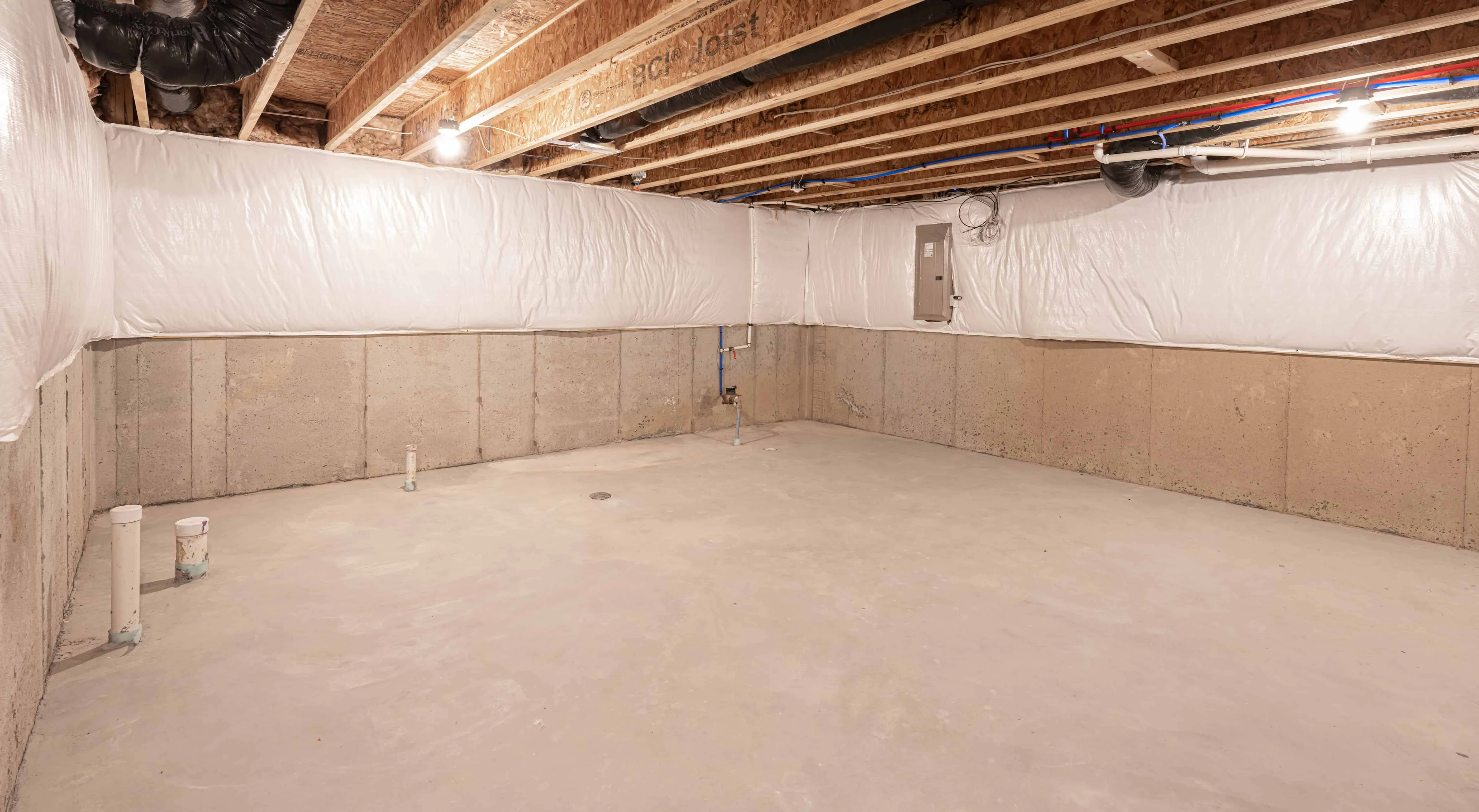6 Things to Consider When Choosing Commercial Property Insurance
When protecting commercial property, insurance is your first line of defense. Whether you own a bustling office space, a retail store, or a warehouse filled with valuable inventory, choosing the right insurance coverage is critical. However, given the multitude of options and complex policies to choose from, navigating the world of commercial property insurance can be challenging. Don't worry, because in this article we'll tell you about six important factors to consider when selecting insurance for your commercial property. From understanding policy types to evaluating coverage limits, we cover everything so you can protect your investment with confidence.

Type and Location of Property
When selecting insurance for your commercial property, one of the main factors is the type and location of the asset. The nature of your commercial property, whether it's an office building, retail space, or warehouse, is crucial in determining the specific insurance coverage you need.
Equally important is the property's location, as different areas present varying levels of risk. High-risk or disaster-prone zones may require additional coverage to protect your investment. A thorough evaluation of property type and geographic context will help you tailor the insurance policy to the unique issues and risks associated with your commercial property, ensuring full protection.
Types of Coverage
When exploring the complexities of insuring your commercial property, understanding different types of coverage is key. Commercial property insurance includes various options such as property insurance, liability, and business interruption.
Property insurance protects your physical assets while liability insurance shields you from legal claims. Business interruption insurance helps compensate for losses caused by unexpected disruptions.
Understanding these types of coverage and their nuances enables you to make informed decisions about which options best suit your property. You can also develop a business insurance program tailored to your unique risks and operational needs. This customized approach not only protects your property but also gives you peace of mind knowing your business is safeguarded against unexpected events.
Policy Limits and Deductibles
Policy limits and deductibles are important elements to consider when choosing insurance for your commercial property. Policy limits determine the maximum amount your insurer will pay in case of a claim. It's essential to find a balance between sufficient coverage and effective premium management. Deductibles are expenses you must pay out-of-pocket before the insurer begins payouts.
Higher deductibles may lower premiums, but they can create financial strain during a claim. Evaluating the value of your property, potential risks, and budget is necessary to determine appropriate policy limits and deductibles, ensuring both accessibility and protection for your investment.
Risk Assessment
Conducting a comprehensive risk assessment for your commercial property is an important step in the insurance selection process. This evaluation includes identifying potential hazards and vulnerabilities specific to your property. By examining factors such as location, structural integrity, occupancy levels, and surrounding environment, you can determine the risks that require coverage.
A full risk assessment not only helps select appropriate insurance options but also informs you about risk management strategies. Reducing identified risks through preventive measures can lower insurance premiums and decrease the likelihood of claims. Ultimately, a well-conducted risk assessment ensures your policy is tailored for reliable protection of your property.
Insurer Reputation
Evaluating the reputation of an insurance company is a vital aspect of securing coverage for your commercial property. A reliable insurer with a strong reputation and excellent service can significantly impact your insurance experience. Research customer reviews, industry ratings, and referrals to understand the insurer's efficiency and responsiveness.
A trusted provider simplifies the claims process, offers support during difficult times, and provides transparent terms. Choosing a reliable insurer not only gives you peace of mind but also ensures your commercial property is protected by a company with high standards of integrity and commitment to clients.
Compliance Requirements and Legal Standards

When selecting insurance for your commercial property, it is essential to comply with applicable regulations and legal requirements. Different jurisdictions may impose certain standards and obligations for commercial property owners regarding insurance. Non-compliance can lead to legal issues and financial penalties. To navigate these complexities, review local, state, and federal regulations to ensure your policy meets the required legal standards.
Compliance protects your property and maintains your reputation as a responsible owner. Staying informed about requirements and adhering to them helps maintain positive relationships with tenants and regulatory bodies.
Choosing the right insurance for your commercial property is a multi-faceted process requiring careful consideration of various aspects. From understanding the type and location of property to risk assessment, setting policy limits and deductibles, and evaluating insurer reputations — these steps are crucial for protecting your investment. Moreover, adhering to legal requirements is an essential condition to avoid potential legal consequences. Approaching commercial property insurance with thoroughness and completeness ensures comprehensive protection that not only safeguards your assets but also gives you confidence in the successful growth of your business.
Need a renovation specialist?
Find verified professionals for any repair or construction job. Post your request and get offers from local experts.
You may also like
More articles:
 Avenue 5 by Architect Mario Alves in Aveiro, Portugal
Avenue 5 by Architect Mario Alves in Aveiro, Portugal 6 Advantages of Metal Cladding for Building Facade
6 Advantages of Metal Cladding for Building Facade 6 Small Rooms That Redefine the Meaning of Babies
6 Small Rooms That Redefine the Meaning of Babies 6 Essential Rules to Expand Your Home
6 Essential Rules to Expand Your Home 6 beautiful ideas for a blue bedroom
6 beautiful ideas for a blue bedroom 6 Advantages of Hiring Professional Garage Contractors
6 Advantages of Hiring Professional Garage Contractors 6 Benefits of Professional Basement Waterproofing
6 Benefits of Professional Basement Waterproofing 6 Best Tips for Choosing an Electrician for a Luxury Home
6 Best Tips for Choosing an Electrician for a Luxury Home